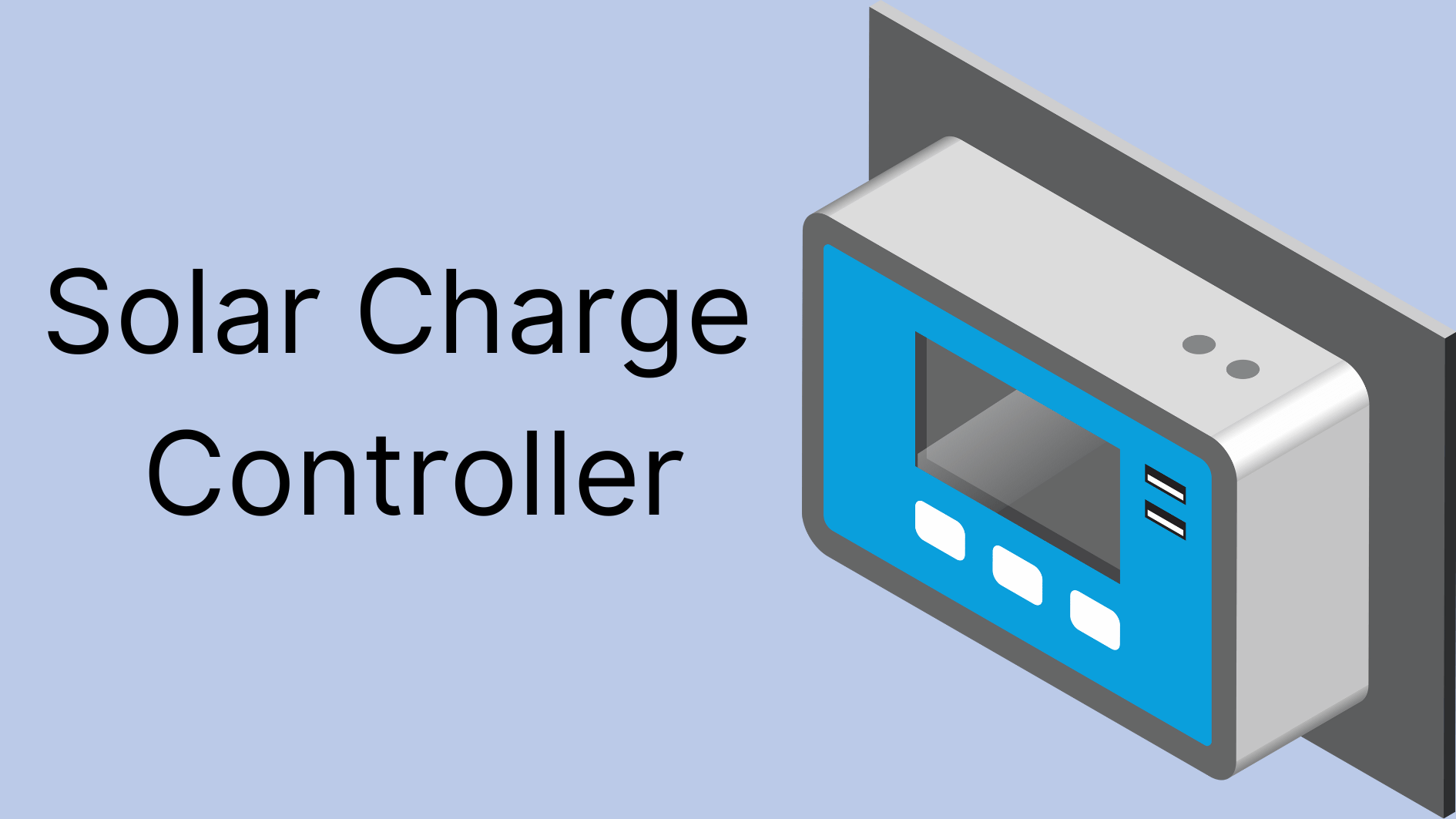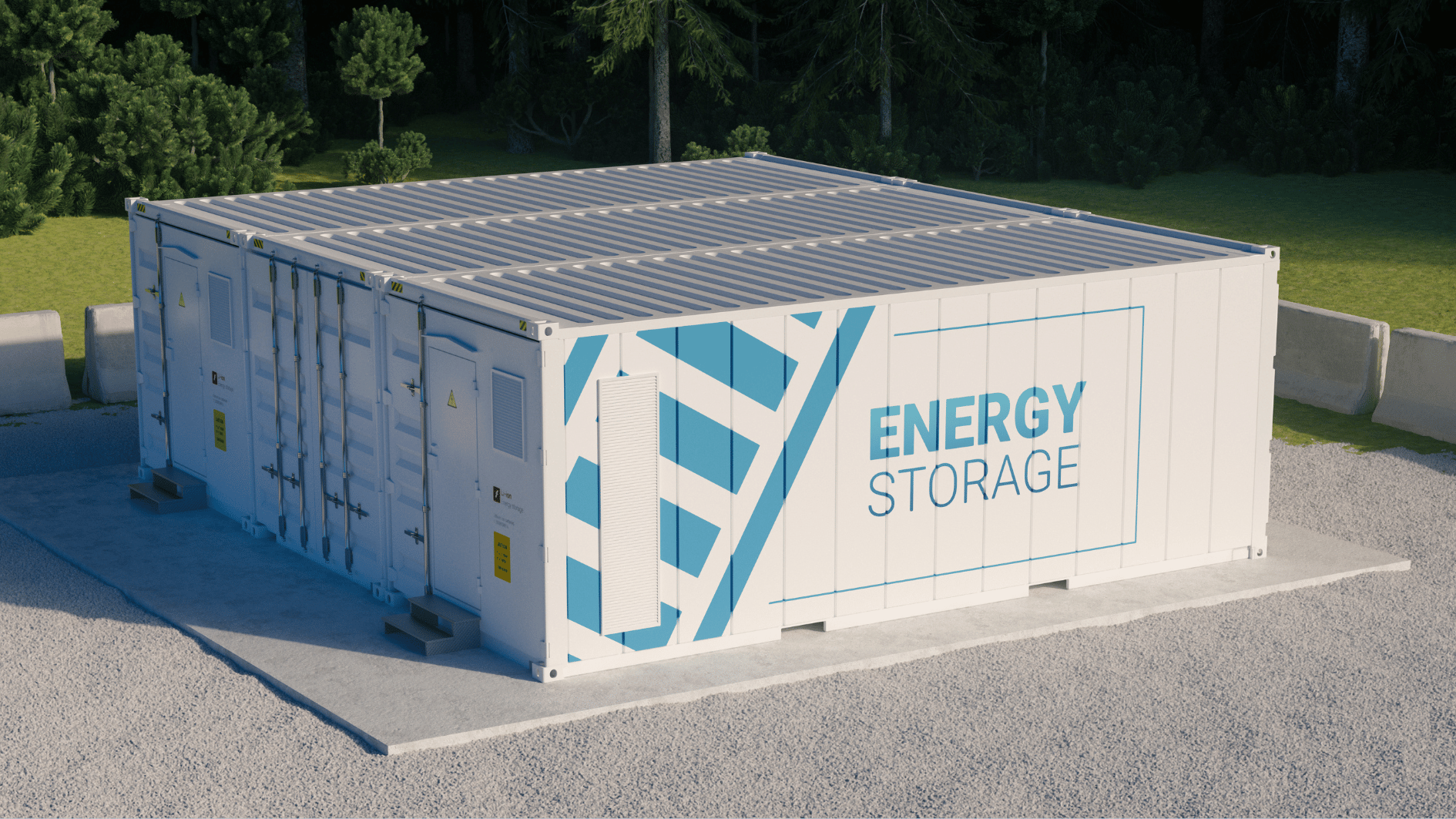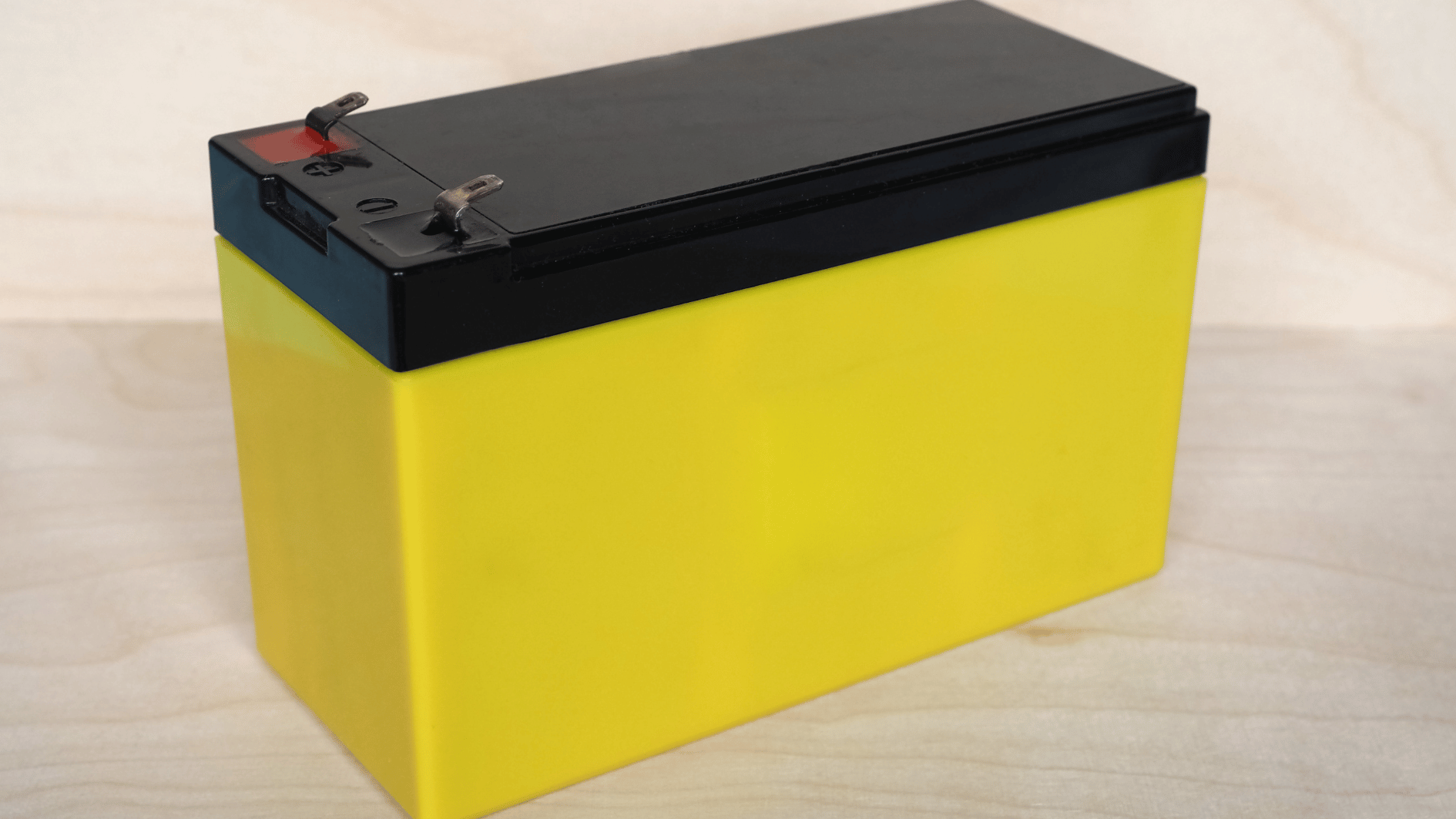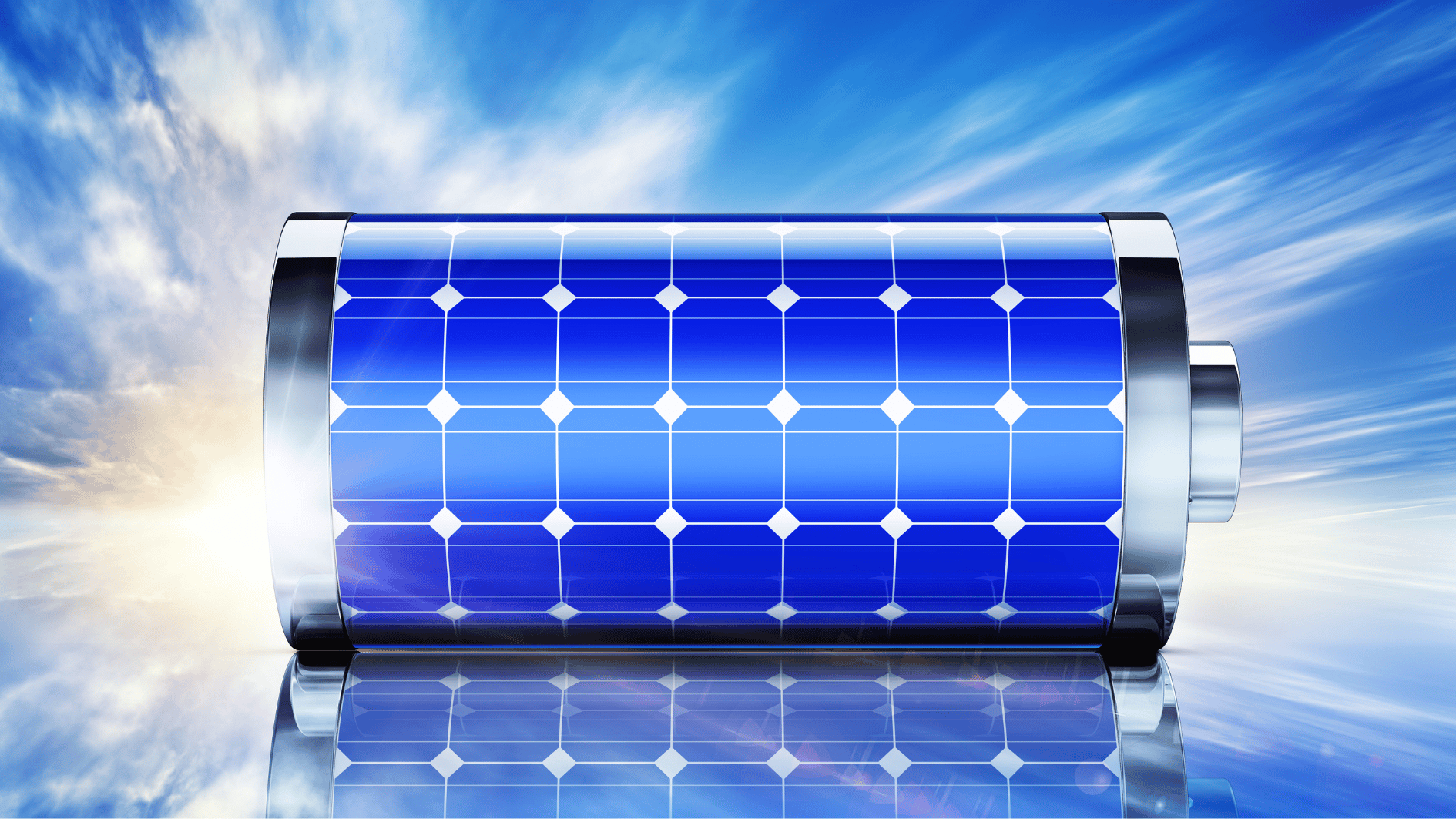Tags: Solar for homeowners
Solar Renewable Energy Credits (SRECs): Maximizing the Value of Solar Energy in 2025
SRECs allow solar owners in certain states to earn extra income by selling credits for the clean energy their system produces.
Understanding Net Metering and Net Billing in 2025
As solar energy adoption surges in 2025, understanding the critical differences between net metering and net billing is essential for homeowners seeking to maximize their financial returns from excess solar…
Net Metering in 2025: How Solar Energy Savings Are Changing for Homeowners
Net metering policies are changing in 2025 – learn how homeowners can still save money with solar energy and maximize their benefits under new billing rules.
Solar Energy Storage: How Does It Work?
The advantages of storing solar energy are clear: from financial savings and energy independence to environmental benefits and grid stability, energy storage is a key component of a modern, resilient,…
Why You Should Thoroughly Review Your Solar Proposal
Understanding key points like system cost, size, financing, and warranties ensures you make an informed decision. Consider these factors carefully to maximize your solar investment.
Solar Charge Controllers: What They Are and Why They Matter
A solar charge controller is a vital component of any solar energy system, serving as the bridge between your solar panels and battery bank.
Considering a Home Battery: What to Anticipate in Payback
With rooftop solar panels, you may generate surplus energy beyond your immediate needs. While net metering allows you to sell this excess energy to your utility, another option is to…
Islanding and Battery Backup: Essential Information You Need to Know
Islanding refers to the ability of a solar power system to continue operating independently from the grid during an outage, while battery backup systems store excess energy for use when…
Is a Lead-Acid Battery the Right Choice for Your Solar Storage System?
Lead-acid batteries remain a viable and cost-effective option for solar energy storage, especially for those with budget constraints or moderate energy needs.
Solar Battery Basics: Chemistry and Coupling
The right battery for you depends on whether it’s a retrofit or part of a new solar system, how often you plan to use it, and the available space.
Need help choosing a solution for you?
Just create an application, and we’ll help with the selection.











